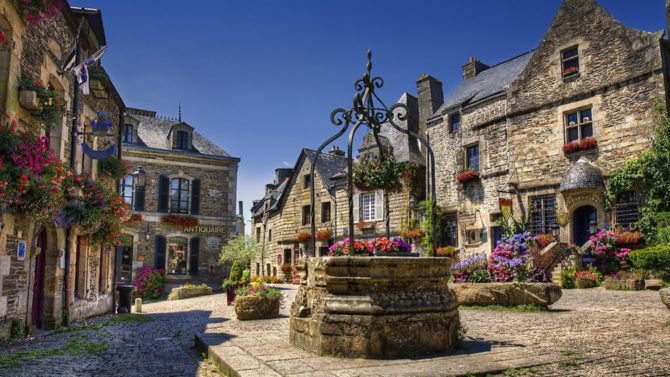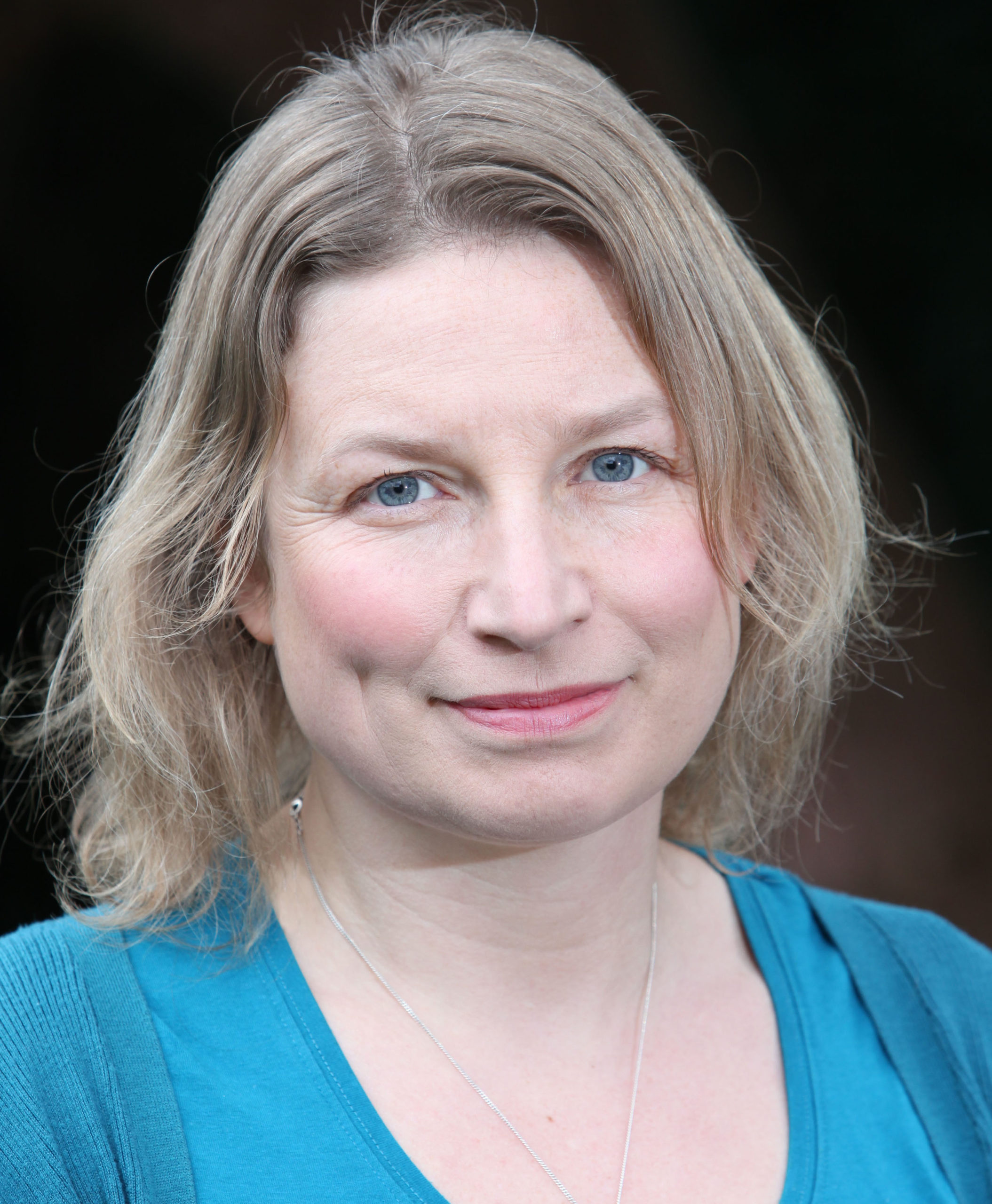Gap widens between city and countryside house prices in France


A dramatic gulf has opened up between the urban and rural property markets in France as growing numbers of people seek jobs in the cities

House prices in the Greater Paris area rose at twice the rate of the rest of France last year and the contrast between city and countryside growth is increasingly stark, new figures show. According to industry analysts Meilleurs Agents, prices have risen by 51% in Lyon over the last 10 years, by 48.5% in Paris, 41% in Bordeaux, 29% in Nantes, 23.5% in Toulouse and 22.5% in Rennes. Compare that to the picture in the French countryside.
Over the same period, prices have fallen by 18.9% in Lozère (which has the lowest population density in France), 16.4% in Corrèze, 15.6% in Côtes-d’Armor, 12% in Creuse, 8.4% in Manche, 7.9% in Charente, 6.7% in Morbihan and 4.5% in Aude, while in Charente-Maritime, Gers and Cantal, prices have changed little in 10 years.
British destinations buck trend
It’s a rosier picture in the Alps and popular coastal resorts. Likewise, Dordogne, Lot-et-Garonne, Lot and Tarn buck the trend, perhaps thanks in part to the enduring popularity with holidaymakers and homeowners alike, especially the Brits. Indeed, in some ways the house price gap is good news for Brits looking to buy second homes or to semi-retire in peaceful rural areas where they don’t need to commute to large towns. Expats often tell us that they are welcomed with open arms into villages whose young French inhabitants have moved to the metropolises in search for work.
The mayor of Verteillac, a Dordogne village where 40% of the 650 residents are Brits and where house prices have risen by 10% in 10 years, recently told a news programme by German broadcaster Deutsche Welle that he was happy about the arrival of Brits. “They boost the revenues of local businesses, and without them we would most likely have had to close some stores already,” said Hervé de Vilmorin, adding that there were two Brits on the local council. Of course, influxes of Brits and other international buyers can push up prices, which is not always such welcome news for locals. Paris is actually losing 12,000 residents a year, according to national statistics agency INSEE as people move out to the suburbs and surrounding towns in search of more affordable homes.
The Brexit effect
Meanwhile Brexit uncertainty appears to be fuelling a major rise in the number of people in the UK searching online for French properties. Provence, Paris and Nord Pas de Calais, in particular, are attracting a lot of attention, a report by SeLoger says. Bruno Taxy, a Leggett agent in Paris said: “There was definitely an increase in enquiries last summer and now, as we get closer to the deadline, those enquiries are converting into sales.” Western Paris is particularly popular with British buyers because of its international schools, he added.
Share to: Facebook Twitter LinkedIn Email


